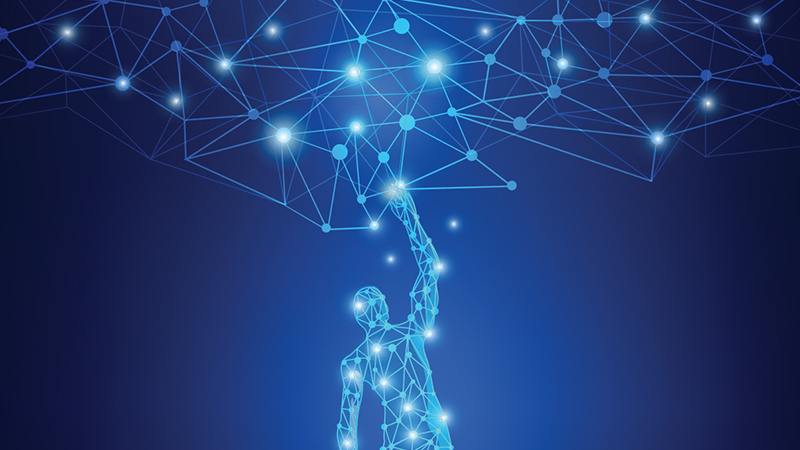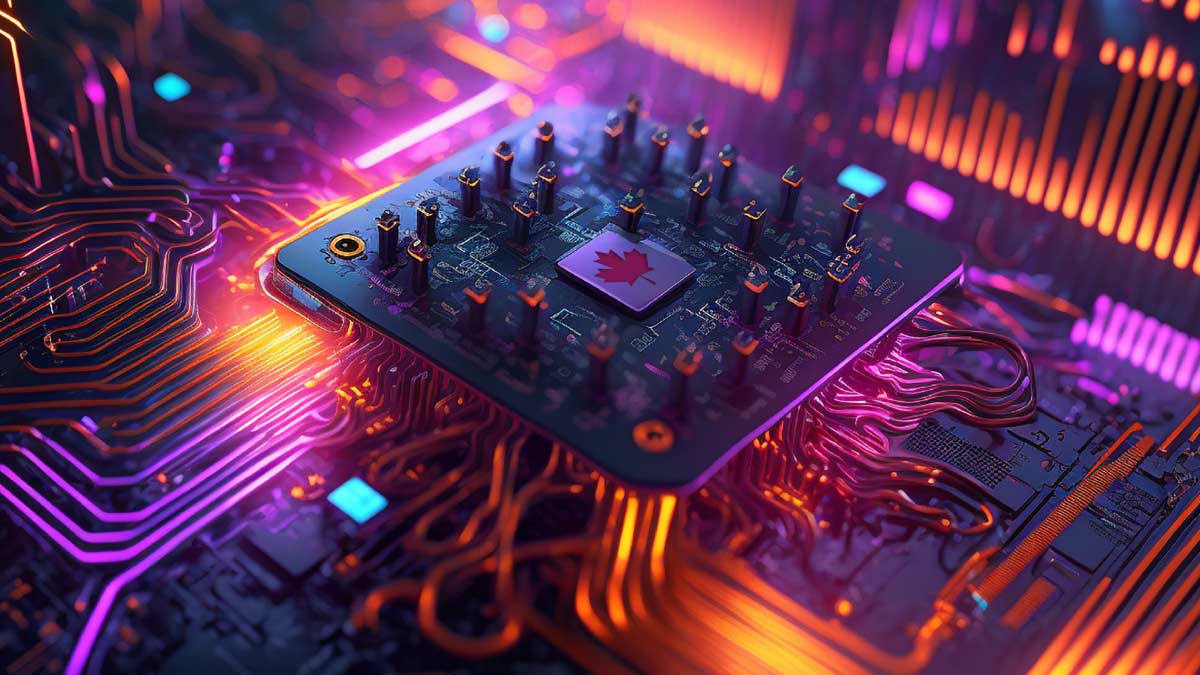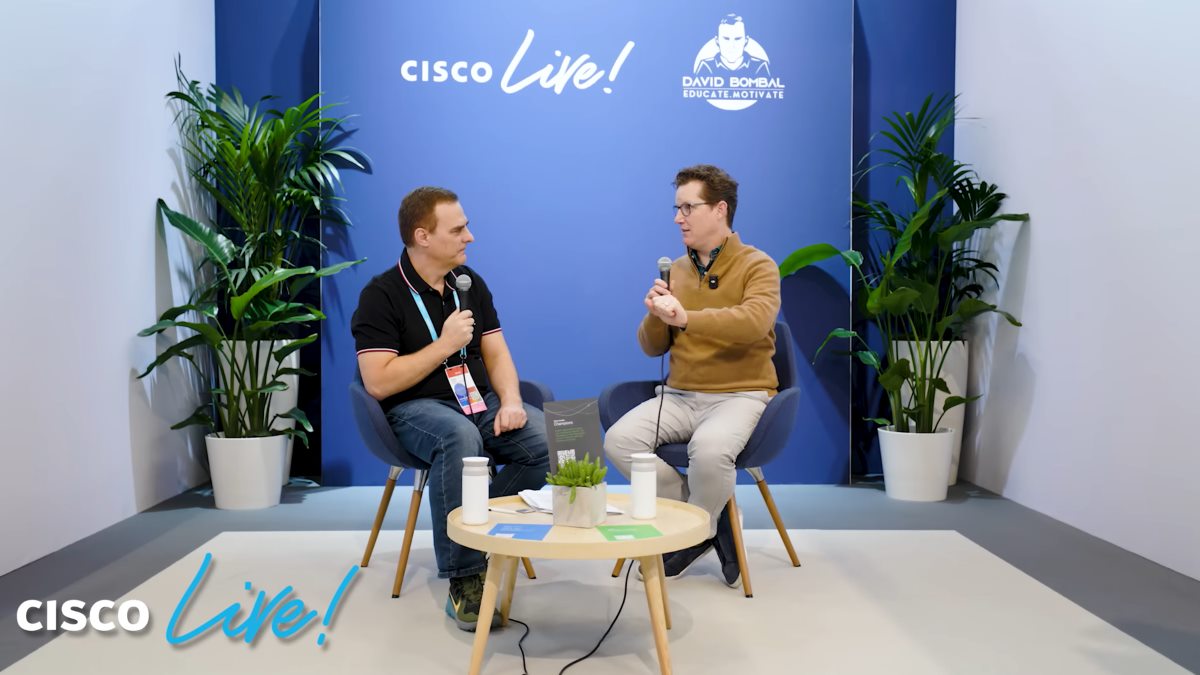In the quest for digital relevance, AI, automation, and machine learning are on the tip of everyone's tongue. These technologies are impacting nearly every industry on the planet. PwC estimates that AI could increase global GDP by $15.7 trillion by 2030.
France on AI
Governments began taking notice of the emerging AI revolution in recent years, and many have developed their own national AI strategies. France is also taking a significant step forward on the AI front.
Under the leadership of President Macron, France is spending €1.5 billion ($1.85 billion) over five years to support AI research and development, and has an appointed task force on the matter. The National Artificial Intelligence Programme is creating a network of research institutes across the country, while an open data policy is pending to drive the adoption of AI in sectors where France already excels, such as healthcare.
Brains on AI
The brain simulation device KIWI, which reduces neurological diseases, is a perfect example. The size of a grain of rice and created by the Paris-based neuroscience project ni2o, KIWI provides direct communication between the human brain and a computer. This allows for the treatment of debilitating neurological disorders, as well as cognitive enhancement.
"As the KIWI provides ongoing data collection and analysis, it can properly engage with neurons by controlling the sick ones, through treatments with light or electricity," explains Laura Calmore, director of strategic initiatives at ni2o. "We can do that as we have precise, one on one relations with neurons."
A native of Romania, Calmore sees France as a second home. She says she and the ni2o team chose to launch KIWI in France because of the country's excellence in science and research talents and the tax benefits they're able to get for R&D.
She believes it's entirely possible with technologies like KIWI to be able to augment the initial state of the brain, as it can compensate for lost neurons and other capacities. Because of this, she expects cognitive augmentation to be on the market within three to five years.
"We're looking to first restore what humans have lost in cognitive capacities," she says. "We don't want to make them cyborgs."
Developing countries on AI
Calmore feels so strongly about the power of AI that she started the volunteer-led initiative Global Weekend Startup AI (GWSAI), which aims to ensure that developing countries are included in AI progress.
The first GWSAI took place in 2016 with Paris as the only city involved. After that first edition, 11 cities joined in 2017, and now the program is collaborating with 18 other cities globally.
"When we started organizing the 2017 edition, we realized that the need was more than just to bridge the gap between researchers and entrepreneurs, we needed to bridge the gap between nations," shares Calmore. "AI is opening so many new markets and bringing new uses to our daily lives. But it's also polarizing jobs and changing. Today's reality is that so many countries are left behind because of lack of access to education, lack of research institutes, and an inexistent ecosystem structure to support the creation and adaptation of new technologies. In order for AI to continue to reap benefits and improve people's lives, and help us solve the world's most challenging inefficiencies, we need to actively understand and participate in the world we want to live in."
The ethics of AI is an ongoing debate. In December, the Université de Montréal, in collaboration with the Fonds de recherche du Québec, unveiled the Montréal Declaration for Responsible Development of Artificial Intelligence, a set of ethical guidelines for the development of AI. Among this list, a top priority is the importance of AI being used for the creation of an equitable society and maintaining cultural diversity.
If developing nations aren't able to participate in the AI conversation and its implementation, the socio-economic disparities in our global society will grow exponentially. But on the flipside, if low-income countries are able to contribute to and reap the benefits of AI development, local businesses, NGOS, and governments will have the opportunity to address life-threatening problems at scale.
AI for solidarity
With regard to working developing economies, Calmore says one of the biggest challenges in building GWSAI is finding a balance between "engaging and helping."
"We don't want to ‘help,' she says. "We want to empower nations to take action for themselves by giving them key ingredients, such as community building, a global talent pool of advisors, coaches, and corporates to help in tackling business challenges. TechStars Startup Weekend is a great tool for this, but we would like to think beyond that, and create more impact with and for the community."
Calmore and her fellow GWSAI volunteers are striving to bring as many regions together as possible to build the future of AI. A future built on this kind of solidarity is a future where anything is possible.
###
The contents or opinions in this feature are independent and may not necessarily represent the views of Cisco. We welcome the re-use, republication, and distribution of "The Network" content. Please credit us with the following information: Used with the permission of http://thenetwork.cisco.com/.



